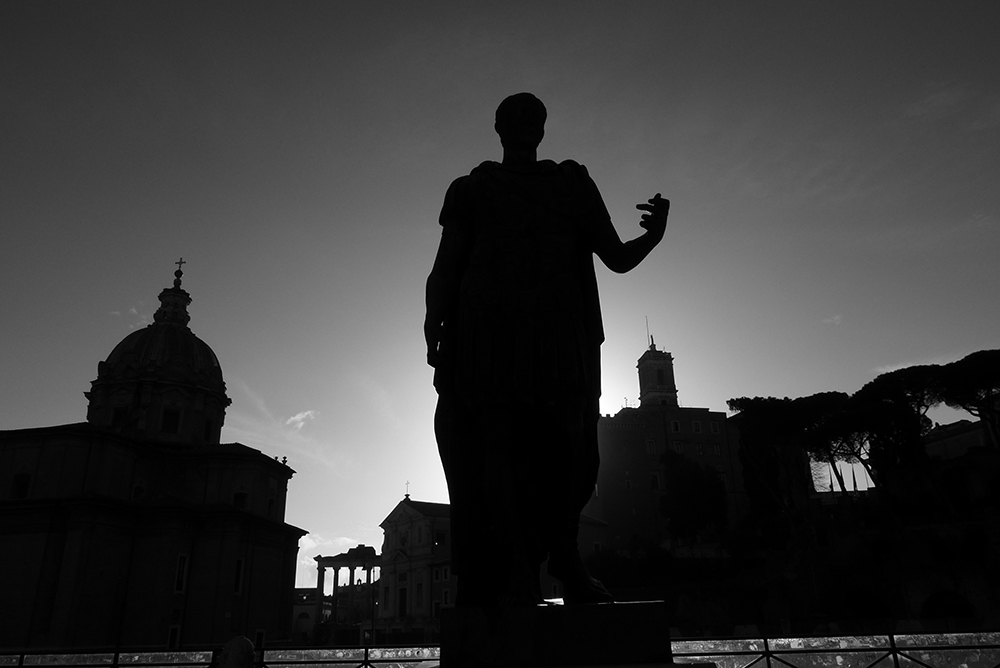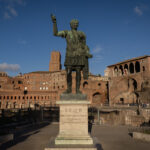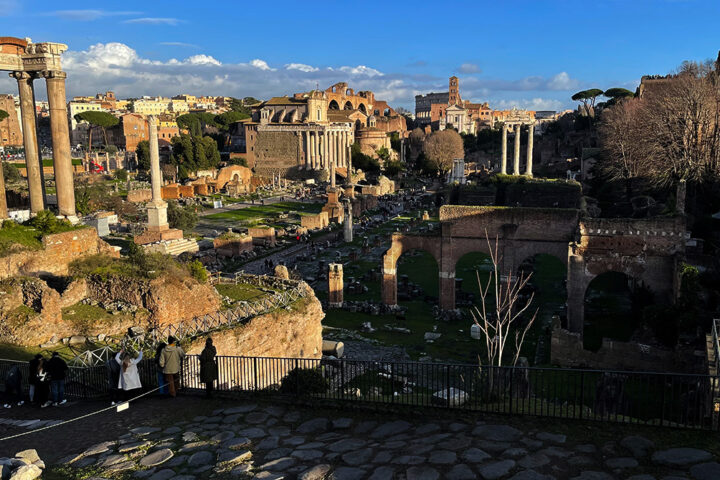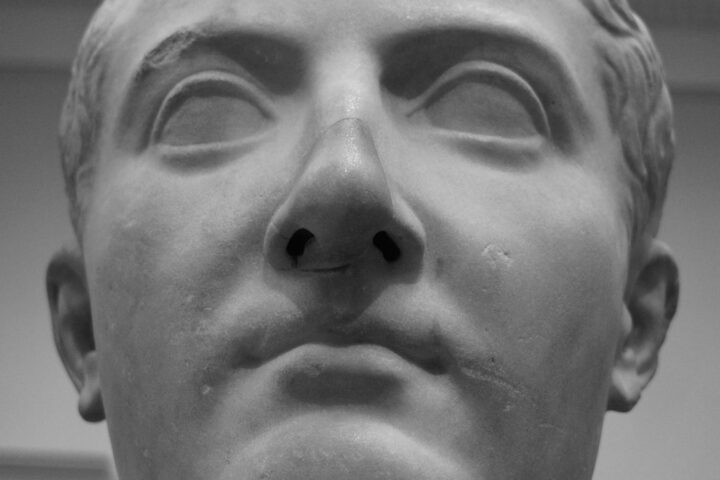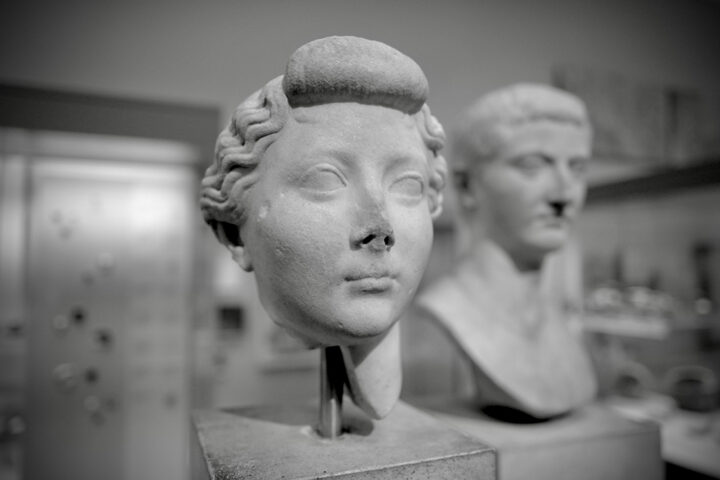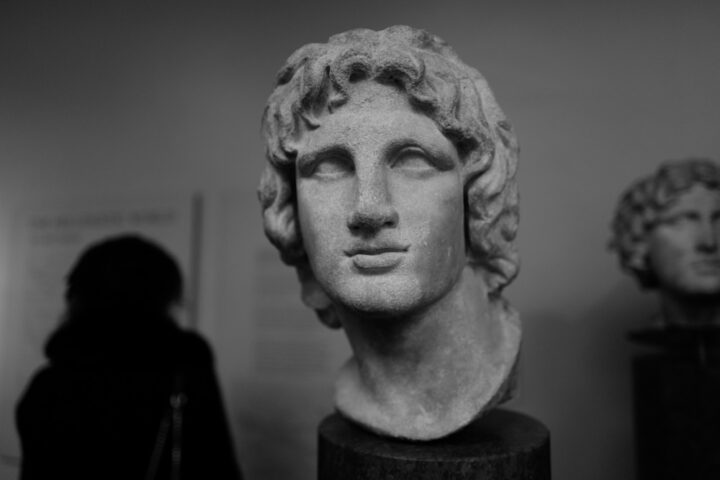Julius Caesar, a pivotal figure in Roman history, wielded a considerable influence that extended beyond his lifetime, profoundly affecting subsequent political structures, governance, and societal norms globally. His rise to power marked the transition from the Roman Republic to the autocratic Roman Empire, shedding light on the dynamics of military strength, populism, and political maneuvering that still influence contemporary governance.
Caesar’s reforms addressed chronic issues within the Roman system, such as debt relief and land redistribution, laying a foundation for modern principles of social equity and economic reform. His harnessing of public support through the use of propaganda and public spectacles denotes the early use of mass communication strategies that resonate in today’s political campaigns, where direct engagement with citizens through media is paramount. By centralizing authority and expanding citizenship, Caesar introduced concepts of inclusivity and representation that would later be integral to modern democracies.
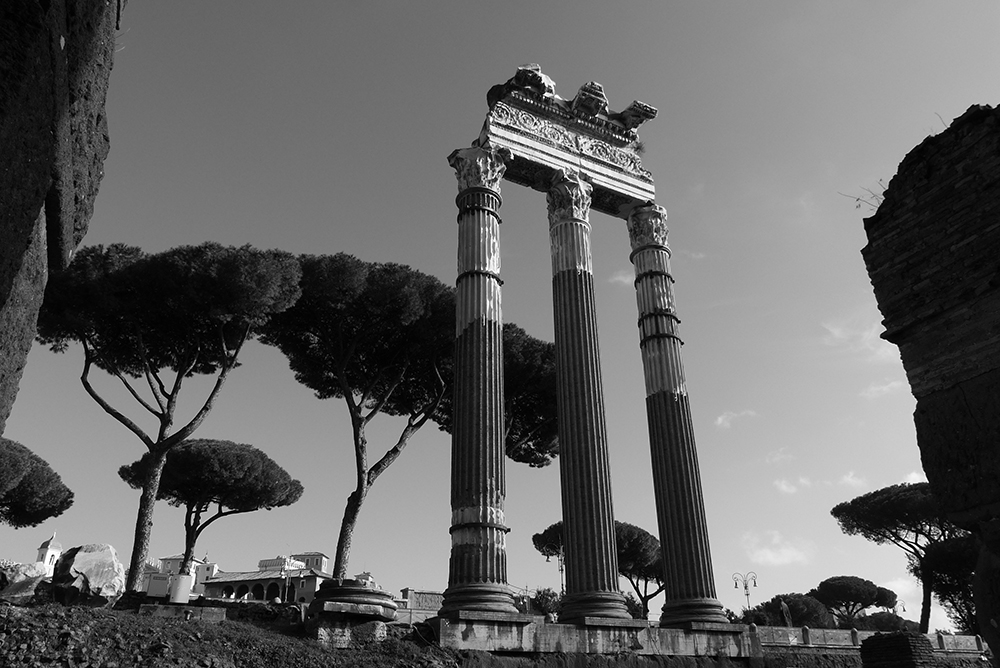
In evaluating Caesar’s potential success in today’s political landscape, several factors emerge. Firstly, his adeptness at political alliances and manipulation arguably parallels contemporary political strategies wherein coalition-building is crucial for navigating complex legislative environments.
However, Caesar’s often autocratic style, marked by unilateral decision-making and the bypassing of traditional republican checks and balances, may face significant resistance in the context of modern democratic norms and systems that emphasize governance through consensus and rule of law.
Furthermore, Caesar’s military prowess and reliance on armed force to assert control could be met with public disapproval in an age prioritizing diplomacy and human rights, as well as the scrutiny of military actions by global organizations. Finally, given the rise of populism and grassroots movements in the 21st century, his ability to resonate with the masses might still translate into political power, though it would likely necessitate a more nuanced approach to civic engagement than his historical precedent allows.
Overall, while Julius Caesar’s intricate blend of charisma, strategic insight, and reformist zeal could provide him with tools for influence today, the effectiveness of his methods would critically hinge upon an ability to adapt to contemporary political ethics and practices.


